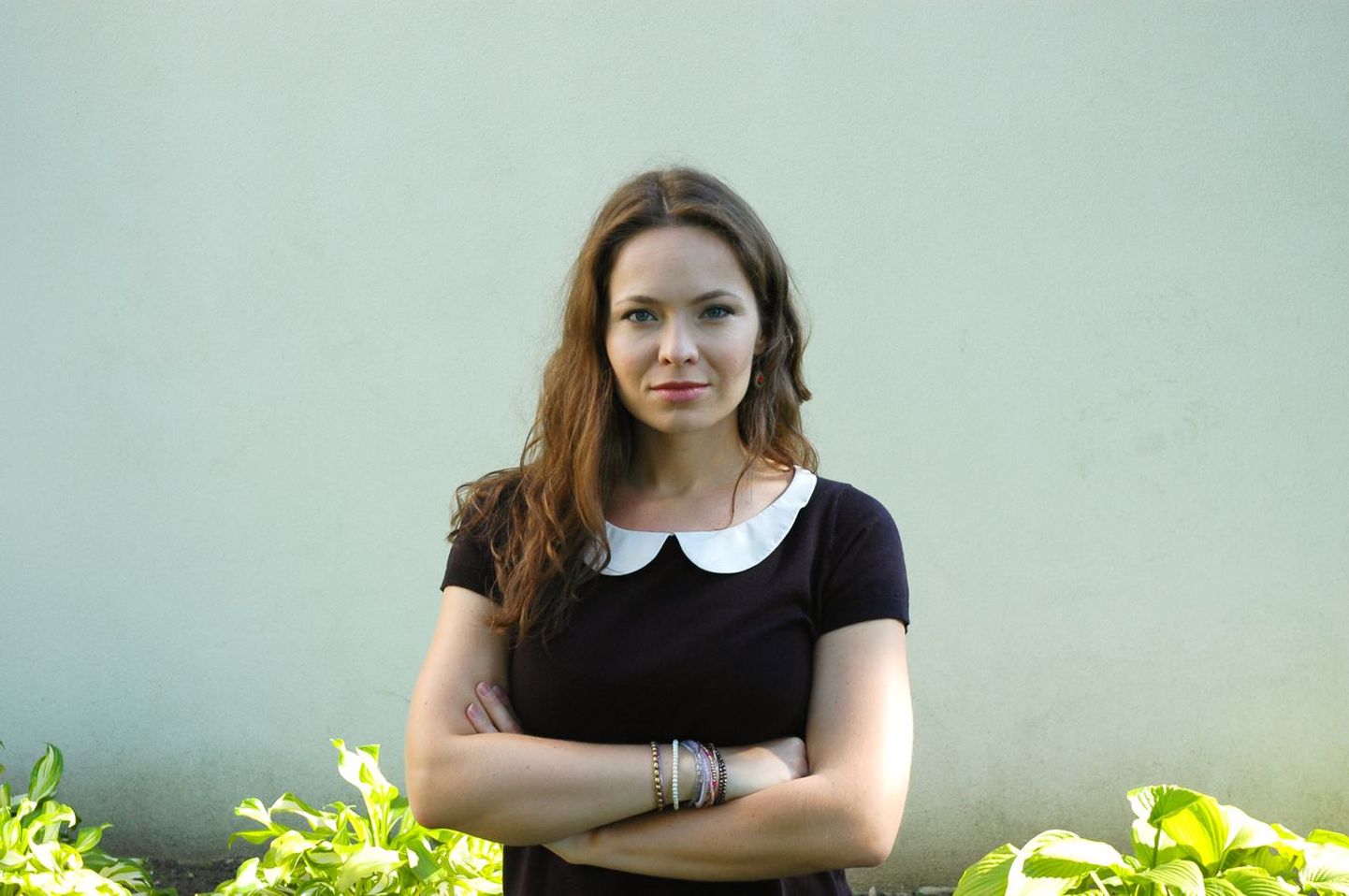Paying attention to involvement methods
In the last two years, the public has discussed the options open to interest groups and the public to participate in policymaking processes. Remember letters of NGOs to the Constitutional Committee of the Riigikogu giving feedback on the establishment and financing of democratic development foundations (DASA), or an online platform for crowd-sourcing ideas and proposals to amend electoral laws in the People’s Assembly (Rahvakogu), or the Arvamusfestival in Paide, which emphasized the values of friendly and open discussions. There are various ways of involving people and it is an integral part of policymaking today. Luckily, it is becoming more popular and comprehensive in Estonia, too.
However, at present there are many people in Estonia who are out of reach of the chance to participate in public debates. Therefore we still need to pay attention to how we talk to one another and what kind of engagement methods we can use to bring more people into open discussions. The method is always in the service of the purpose and it helps create high-quality content.
I will highlight an initiative that grew out of cooperation between think tank Praxis and the Institute of Baltic Studies this spring. Our purpose was to involve people living in Estonia who are citizens of other countries and people with unspecified nationality in the preparation of the new integration strategy to be completed this year. This turned out to be an exciting project which also encourages involving those population groups who have been left out of discussions so far. This experience showed how important it is to deal with finding the right method for meaningful discussion that leads to constructive proposals.
